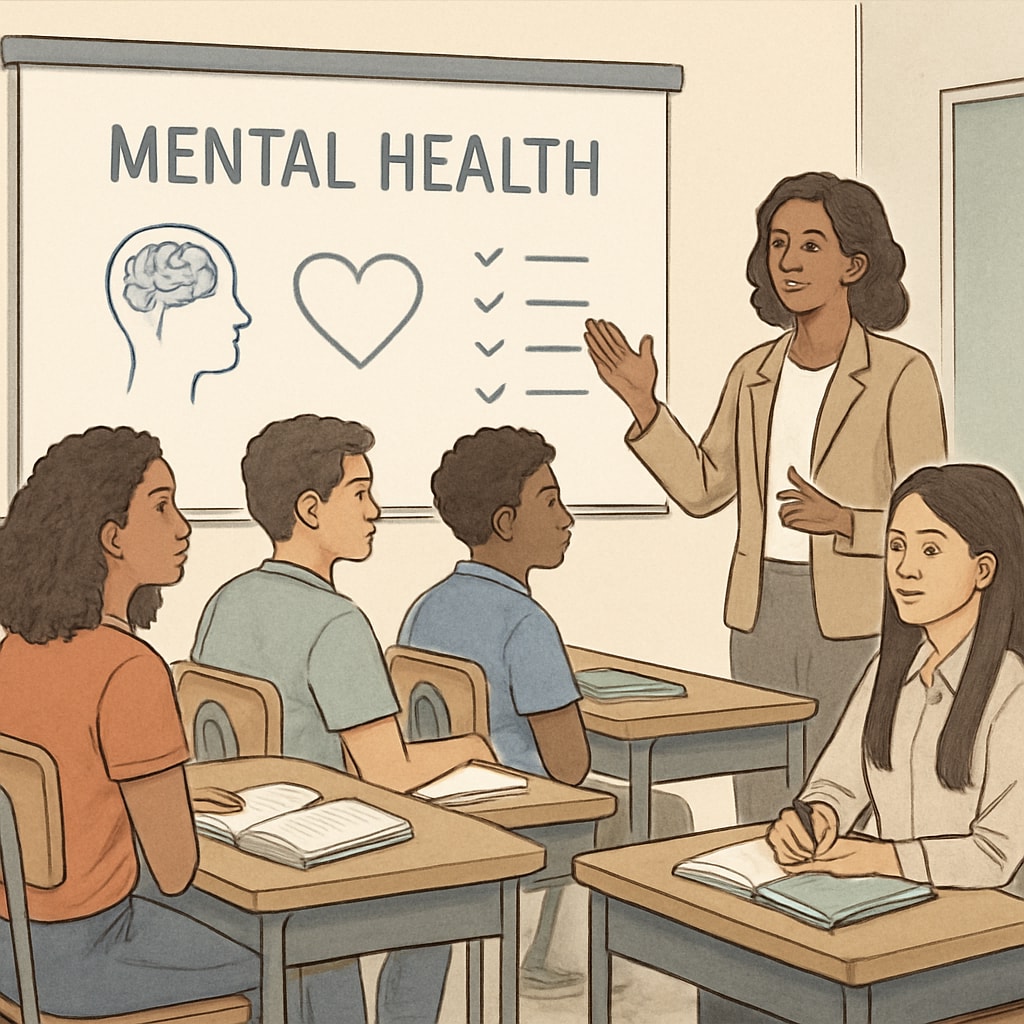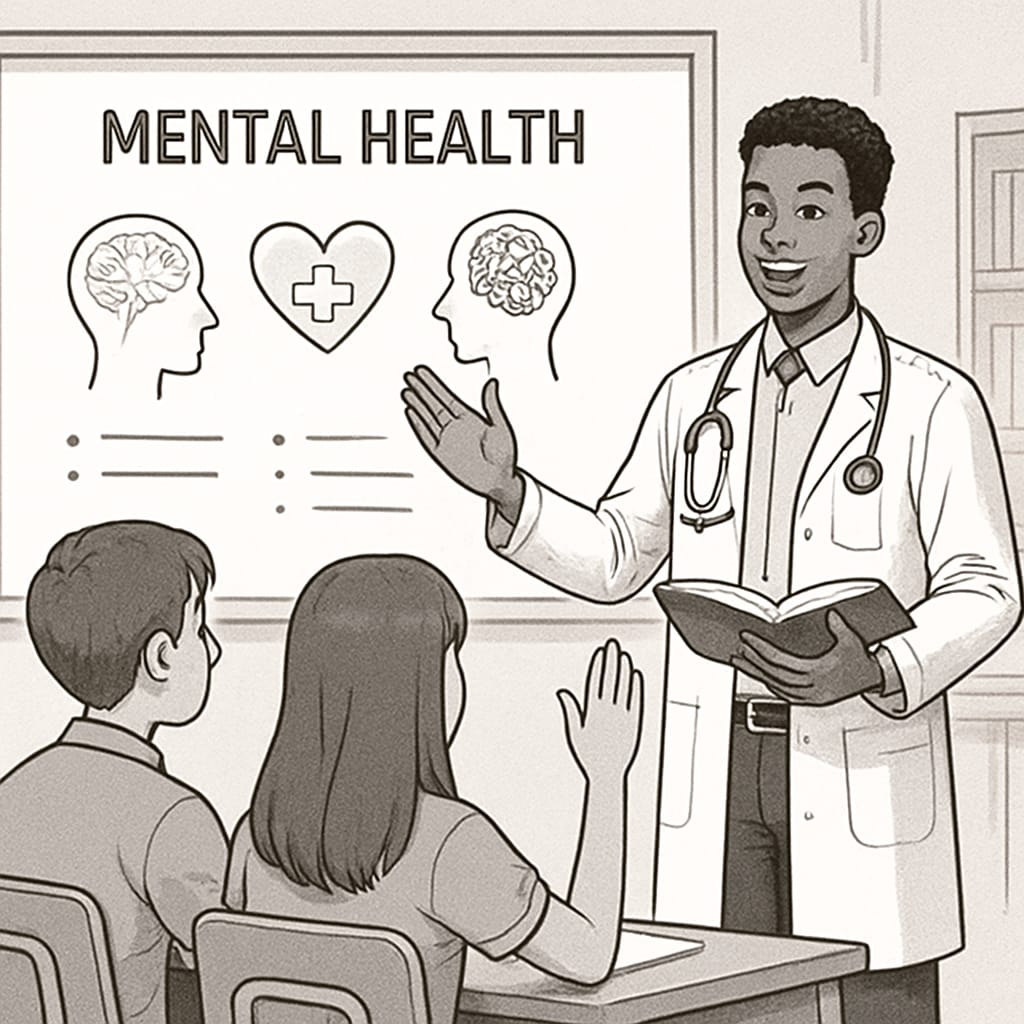Raising awareness about mental health among high school students is more important than ever. Organizing mental health seminars empowers teenagers to understand and address their emotional well-being. Medical students, equipped with knowledge and passion, can play a pivotal role in leading such initiatives. This step-by-step guide provides actionable methods for medical students to effectively plan, deliver, and evaluate mental health seminars for high school audiences.
Why Mental Health Awareness Matters for High School Students
The teenage years are a critical period for emotional and cognitive development. However, many high school students face challenges such as academic pressure, social dynamics, and identity exploration, which can affect their mental health. According to the World Health Organization, one in seven adolescents experiences a mental health disorder. By addressing these challenges early, medical students can help reduce stigma and promote healthier coping mechanisms among teenagers.

Step 1: Planning the Seminar
Before diving into the seminar itself, careful planning is essential. Here are the key steps:
- Define objectives: Decide whether the seminar will focus on stress management, depression awareness, anxiety coping strategies, or general mental health education.
- Collaborate with schools: Reach out to local high schools and work with administrators to schedule the event. Highlight the importance of mental health education to gain their support.
- Secure resources: Prepare materials such as brochures, slides, and interactive tools. Consider incorporating multimedia to make the seminar engaging.
Step 2: Designing an Impactful Presentation
The success of the seminar depends on its content and delivery. Medical students should focus on creating a presentation that resonates with teenagers:
- Use relatable language: Avoid overly clinical terms and focus on age-appropriate communication.
- Incorporate real-life examples: Share relatable stories or scenarios to illustrate key points.
- Interactive activities: Include group discussions, role-playing, or Q&A sessions to keep students engaged.

Step 3: Delivering the Seminar
On the day of the seminar, effective delivery is key to ensuring the message is absorbed. Here are some tips:
- Start with an icebreaker: Begin with a light activity to relax the audience and set a positive tone.
- Be empathetic: Show understanding and compassion when discussing sensitive topics like depression or anxiety.
- Encourage participation: Engage students by asking questions and inviting them to share their thoughts.
Step 4: Evaluating the Seminar’s Impact
Post-event feedback is crucial for improving future seminars. Medical students can gather insights using the following methods:
- Feedback forms: Distribute anonymous surveys to measure students’ understanding and satisfaction.
- Follow-up discussions: Schedule follow-up meetings with school staff to evaluate the seminar’s effectiveness.
- Track outcomes: Monitor changes in student behavior or school initiatives related to mental health.
Building Long-Term Partnerships
To make a lasting impact, medical students can establish ongoing collaborations with schools. Regular seminars, workshops, and newsletters can ensure continuous mental health education. By fostering such partnerships, medical students can contribute to a culture of support and awareness within the school community.
Conclusion: Organizing mental health seminars for high school students is a rewarding initiative for medical students. By following this structured approach, they can inspire teenagers to prioritize their emotional well-being, reduce stigma, and build a supportive network. The efforts of medical students can truly make a difference in shaping a healthier, more resilient generation.


